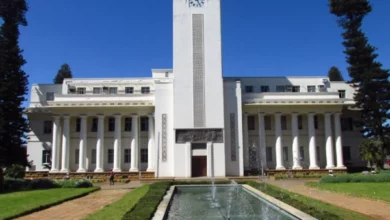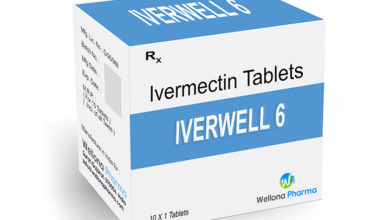Govt working on resuscitating pharmaceutical companies

The Ministry of Health and Child Care has set an ambitious plan to reopen all the country’s 13 pharmaceutical companies.
Zimbabwe’s pharmaceutical sector has been struggling to stay afloat forcing some companies to shut down, limiting access to locally produced drugs.
Those who managed to stay operational suffered foreign currency shortages and struggled to import critical drugs, leading to a crisis in public health facilities where some patients died of easily curable diseases.
Vice President Constantino Chiwenga, who was in Bulawayo recently, said the health ministry’s vision was to reopen all 13 pharmaceutical companies in the country.
“In our vision, we are planning to reopen all pharmaceutical companies and there are 13 of them. All the drugs we can make here in Zimbabwe, would be made here and we will not import. Gone are the days where we can export our labour and take the little foreign currency we have and give to other nations to develop yet we can’t develop,” he said after touring Ingutsheni Central Hospital.
The health minister said the country would have to buy locally made drugs and stop buying imported drugs in order to grow the pharmaceutical sector.
“What we are simply saying is even of our drugs, say tablets are $10 and the tablet we import outside is $5, we will buy Zimbabwean. We will not buy outside. We want to make sure there is employment for our people that is number one. Two, we want to develop drugs for ourselves and not depend on other people,” VP Chiwenga said.
He added the ministry of health would “leave no stone unturned in robust endeavours to secure specialised medicines to allow sectioned patients to be discharged from hospital and go home.”
“Those that can be treated and be able to go home should be able to do that,” said VP Chiwenga.
His sentiments came after Ingutsheni Acting Chief Executive Officer (CEO), Dr Nemache Mawere, said the mental institution has a challenge of medicine supply.
“Medicine supply is difficult and we end up using basic drugs that were developed in the 1950s rather than using the more expensive drugs. But obviously for us to be using the more expensive drugs, we must be capacitated,” he said.
Dr Mawere noted that is why Ingutsheni had taken up farming projects to produce then “have more money to buy expensive drugs for better outcomes for patients.”
In his response, VP Chiwenga acknowledged the country did have constraints in shortage of medicines and drugs that were desperately needed by patients.
“I have however noticed that some of the medicinal stock in short supply at Ingutsheni are in stock at similar institutions elsewhere in the country. This problem can be resolved by streamlining our supply system to make sure that quality medicines in surplus stock at other institutions are rationalised with a view to replenish Ingutsheni hospital,” he said.
He also noted that the Permanent Secretary in the ministry of health – Air Commodore, Dr Jasper Chimedza, would be seized with the matter of making sure the required medicines and drugs are delivered to Ingutsheni Central Hospital.






